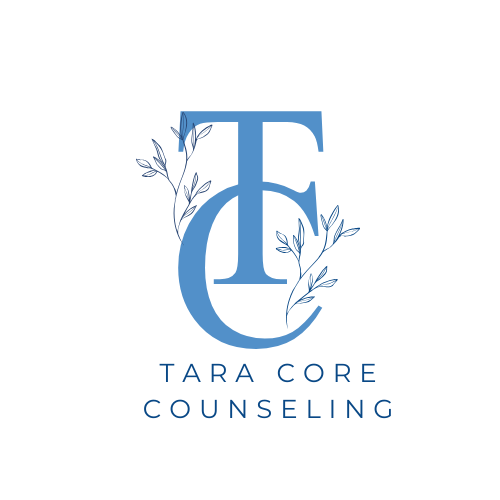Our Focus
-
Narcissistic Abuse Recovery
Recovering from narcissistic abuse can be a deeply challenging yet empowering journey. This form of emotional abuse often leaves survivors feeling confused, drained, and doubting their self-worth. Healing is possible with the right strategies and support.
Key Aspects of Narcissistic Abuse Recovery
Understanding the Abuse
Educate yourself about narcissistic behavior patterns, such as manipulation, gaslighting, and emotional control.
Recognizing these tactics helps you detach emotionally and reclaim your sense of reality.
Setting Boundaries
Establish firm, non-negotiable limits to protect your emotional and mental well-being.
Limiting or cutting off contact with the abuser may be necessary, especially in toxic environments.
Rebuilding Self-Esteem
Focus on activities that help you reconnect with your strengths, values, and identity.
Journaling, mindfulness, or creative outlets can be powerful tools for self-reflection.
Emotional Processing
Trauma from narcissistic abuse can manifest as anxiety, depression, or low self-worth. Working with a therapist trained in trauma recovery can provide coping strategies.
Techniques such as Cognitive Behavioral Therapy (CBT), Eye Movement Desensitization and Reprocessing (EMDR), and mindfulness practices are effective.
Creating a Support System
Build a network of trusted friends, family, or support groups who understand what you’ve experienced.
Connecting with others who’ve faced similar experiences can reduce feelings of isolation.
Regaining Control
Focus on small, empowering choices in your daily life to rebuild confidence.
Practicing self-care routines, setting goals, and embracing new interests can foster a sense of independence.
Healing Takes Time
Recovery is not linear — some days will feel easier than others. Compassion for yourself is key as you rebuild emotional strength and rediscover your identity.
